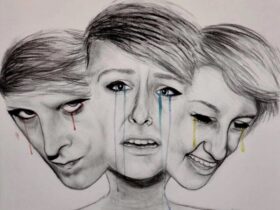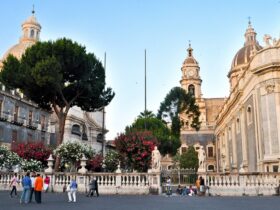On Monday, a new parliament formed in Somalia will have to choose a new president to a country in which for two decades there have not been a stable central government. The elections will complete the complex political process, launched by the UN support, aimed at replacing the Somali corrupt transition federal government for eight years of the regime of Somali. It is assumed that the establishment of a new government in the country will bring a return to the region of the world. The outgoing President Sharif Barikh Ahmed, who has been in his post since 2009, is one of the favorites, but for Western observers and political analysts he seems to be a contradictory figure. The UN report in July contained accusations that it was precisely the fault of Ahmed during his presidency “that the basis of public administration in the country was systematic waste of budget funds, banal assignment of funds and theft of folk money”.Somali Prime Minister Abdivili Mohammed Ali and the speaker of the parliament Sharif Hassan Sheikh Adan are also considered as candidates for a high post. In Somalia there was no working centralized government since the resignation of President Mohammed Siad Barre in 1991. Since then, the country has been in a state, borderline between invitation and civil war – it is divided into many small territories controlled by armed groups and local militias, as well as the rebels of the Shebab movement, which alternately with peacekeepers and government forces capture certain settlements. At the same time, all previous attempts by the international community to create political stability in Somalia invariably failed. Now hope is for a new parliament, the lower house of which is already composed of 275 people, and the composition of the upper, of 54 people, will soon be established. If a quorum of two -thirds of the lower house votes for the same person, in Somalia there will be a new democratically elected president. But the fact that the transition period will pass successfully, there are still doubts. Back in early August, a special representative of the UN in Somalia, the Tanzanian diplomat Augustine Mahiga condemned bribery, blackmail and terror, accompanying the political struggle in the formation of the Legislative Assembly in Somali
Latest publications
From Chat to Cam: Navigating the Landscape of Best Cam2cam Sites






Оставить ответ